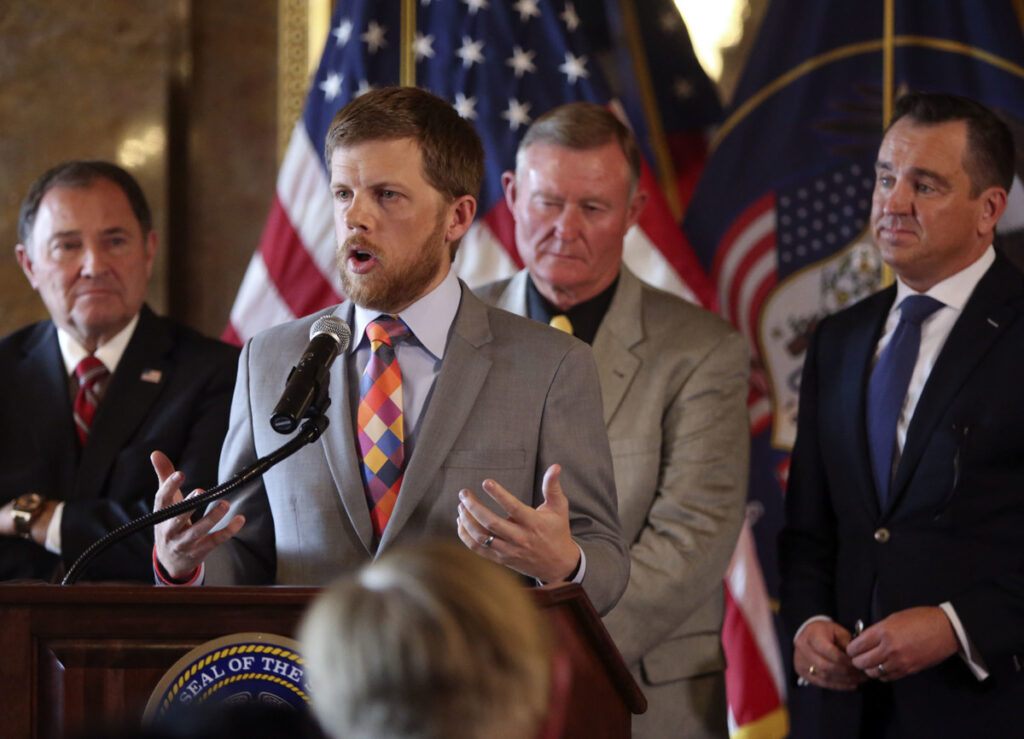In 2015 we first attempted to legalize medical cannabis but the bill failed in the Senate. In the subsequent months we refined the language and held a variety of public events (see videos from Provo, West Jordan, St. George, and Ogden). Our 2016 bill featured a variety of improvements over the previous year’s hastily prepared draft.
We had attempted to resolve the concerns of our opponents and craft a proposal that would get broader support. Several amendments were made to address additional concerns raised during the early legislative process, and the bill passed the Senate this time
Once the bill passed the Senate, representatives from The Church of Jesus Christ of Latter-day Saints came to the Capitol to meet with legislative leadership. They also met with the bill sponsor, Senator Mark Madsen, and Libertas Institute President Connor Boyack privately, letting them know that they had come to signal their opposition to the bill. In a tense meeting, the representatives refused to arrange a meeting between church leaders and advocates to discuss the issue. The Church’s opposition dealt a fatal blow to the bill and it died in a House committee.
We then spun off the Utah Patients Coalition the following year to launch a ballot initiative and gather 113,143 signatures. UPC raised over $1 million to fund the operation and our then-vice president, DJ Schanz, managed the signature gathering effort under the UPC umbrella.
After collecting the required number of signatures from districts across the state, Proposition 2 was on the ballot. It faced significant opposition from the entire establishment in Utah—the LDS Church, law enforcement, the Governor, the legislature, the Utah Medical Association, the Chamber of Commerce, the PTA, and many more. A joint press conference, spearheaded and headlined by LDS Church leaders, was held by these organizations to announce their opposition and encourage the public to vote against Prop 2.
Our strong polling numbers began to decline as many members of the LDS Church felt like they could (and should) support medical cannabis legalization in theory, but oppose Prop 2 for being “too close to recreational,” as Church leaders and others suggested. With our internal polling showing this decline, we grew worried about the fate of our initiative and decided to negotiate with the opposition.
So we entered into secret, high-stakes negotiations with the House Speaker and the LDS Church’s chief lobbyist. Together we hammered out the foundation of an agreement, then brought in additional parties to join the negotiation. After hundreds of hours of meetings, drafting, phone calls, and strategy sessions, we landed on an agreement that turned our entire opposition into supporters while preserving 85% of what we had initially proposed.
At the October press conference we announced the agreement that whether Prop 2 passed or failed on the November ballot, the Governor would call the legislature into a special session shortly thereafter to instead enact the agreed upon language. That bill made several changes to Prop 2 while still legalizing medical cannabis for a broad number of Utahns. (And the program has been wildly successful.)




